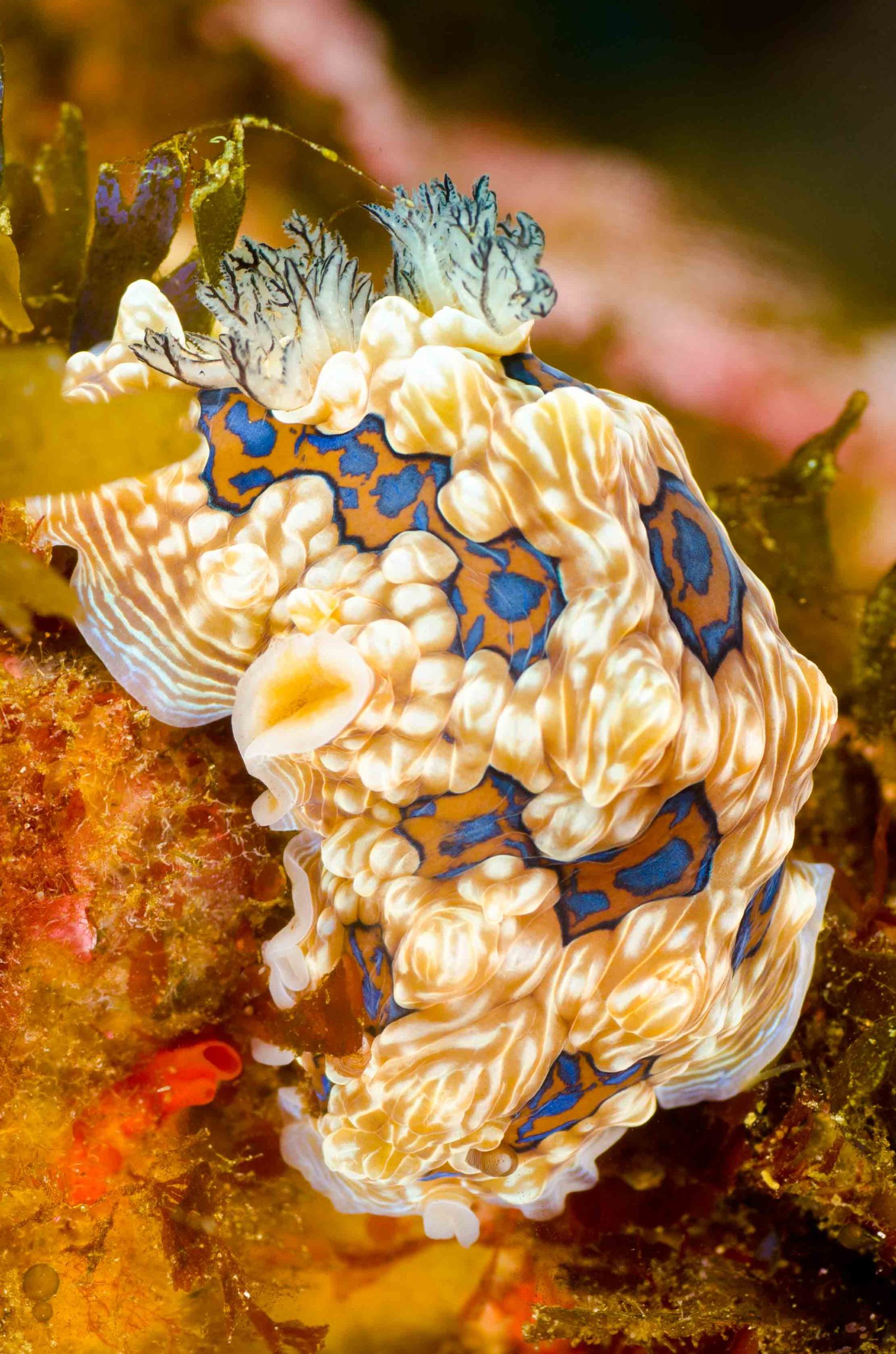Latest News

Results of the 8th Coffs Coast Sea Slug Census are now in.
The 8th sea slug census held on the Coffs Harbour coastline took place from the 16th to the 25th of January, 2026. A brief summary

2026 Coffs Coast Sea Slug Census
This event runs in the coastal waters from Brooms Head in the north to Nambucca Heads in the south, and is being held from the

SURG completes the first round of Marine Debris surveys along the North Coast.
In 2024 SURG was granted funding to conduct marine debris surveys at a number of sites along the north coast. The surveys involve a strict

Results from the 7th Coffs Coast Sea Slug census
The SSC was held over 10 days earlier this month and attracted 24 participants for a total of 666 observations. The total number of species

Free pdf download – Marine Life of northern NSW and Lord Howe Island
With over 1500 photographs detailing more than 1300 species, this guide showcases a wide selection of invertebrates and fishes from the northern New South Wales

SURG interpretive panels installed at Coffs Harbour Marina
Three interpretive panels, depicting the marine animals and birds found in and around the Coffs Harbour International Marina have recently been installed. A joint project

Sea Slug Census a finalist for the Eureka Prize
The Sea Slug Census program has been shortlisted for a Eureka Prize in the category Innovation in Citizen Science. Since its inception in 2013 at

RESEARCH BY SCIENTISTS AT THE NATIONAL MARINE SCIENCE CENTRE USES BIO-REACTORS TO REDUCE POLLUTION IN THE SIMP
Recent research by scientists at Southern Cross University’s National Marine Science Centre has confirmed woodchip bioreactors are effective in reducing fertiliser run-off from local intensive
The Solitary Islands Underwater Research Group Inc. (SURG), is a group of dedicated volunteers conducting research in the Solitary Islands Marine Park. Formed in 1985, SURG membership is comprised of underwater naturalists, photographers and scuba divers, and our research provides habitat information and other data which may be used for the ongoing management of the Solitary Islands Marine Park.

